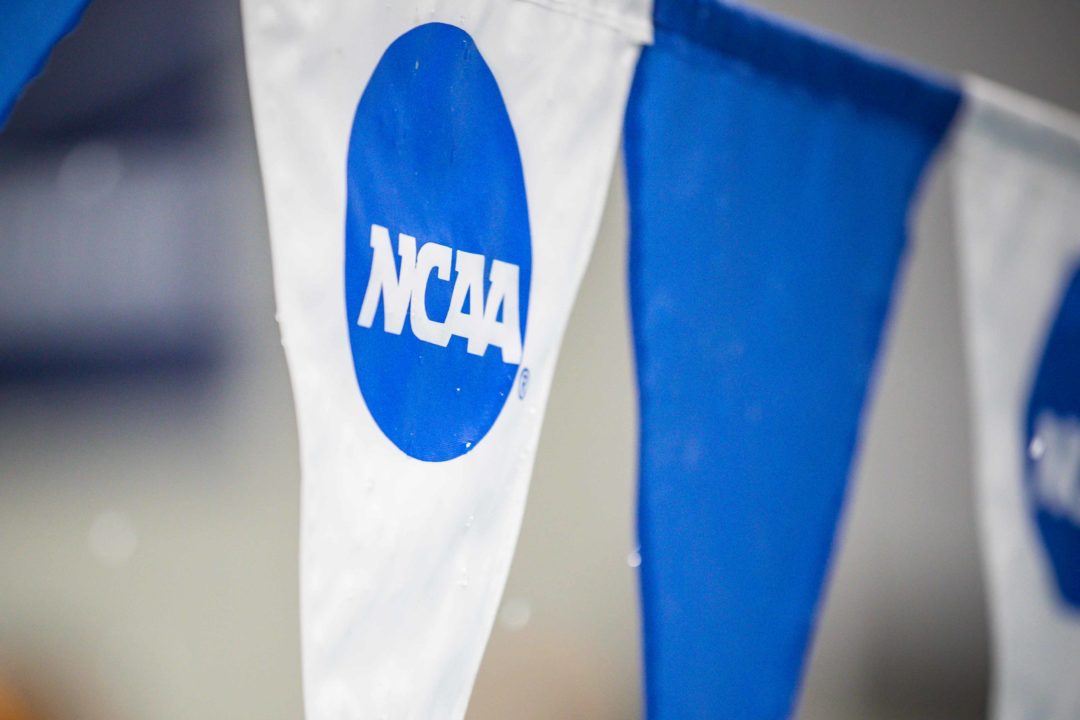The NCAA filed a brief to the U.S. Supreme Court on Feb. 1, asking the court to reaffirm that it has “ample latitude to govern college sports.”
This request stems from a ruling made by the U.S. Court of Appeals for the Ninth Circuit back in May, where a three-judge panel concluded that the rules set by the NCAA to limit education-relation compensation for athletes violated antitrust law.
The Ninth Circuit decision upheld a district court ruling that says the NCAA cannot restrict colleges from granting “non-cash education-related benefits” to athletes in Division I of the Football Bowl Subdivision, men’s basketball and women’s basketball programs.
The NCAA essentially believes this ruling “greatly blurs the line” between collegiate and pro sports, and are asking that it have the leeway to govern its own association rather than have it in the hands of judges.
In December, the Supreme Court announced that it would get involved in the dispute between the NCAA and the Ninth Circuit ruling, which led to the organization filing the brief on Monday.
“Today, we asked the U.S. Supreme Court to reaffirm that the NCAA has ample latitude to govern college sports,” said the NCAA’s Chief Legal Officer, Donald Remy, in a press release. “As outlined in our brief, the lower court ruling distorts federal antitrust law and, in the process, wrongly redefines amateurism and undermines the NCAA’s supervision of college athletics.
“The ruling also encourages judicial micromanagement and invites never-ending litigation as the NCAA seeks to improve the college athletic experience. In short, the lower court ruling greatly blurs the line between college and professional sports.”
In the brief, the NCAA claims the lower court ruling embraced a “starkly different understanding of amateurism,” saying that student-athletes can be paid anything except “unlimited [amounts] unrelated to education.”
The NCAA adds that the courts have “no authority to redefine key features of a procompetitive joint venture’s products,” and if they did, the definition they embraced “has no basis in the record or common experience.”
“The NCAA and its member schools are committed to defending the rules that govern college sports – the same rules that create an environment where hundreds of thousands of student-athletes can receive the life-long benefits of a college education and compete at the highest levels of their sport,” Remy said “We look forward to continuing to make our case before the Court.”
This comes less than a month after the NCAA delayed a vote on modernizing the name, image, and likeness (NIL) rules due to “external factors.”

Perhaps the Supreme Court should disband the NCAA – Simple solution!
On one hand, I get that the NCAA is making changes to start trying to make things right. It’s true that this process would be easier (and much less expensive) with room to experiment and figure out where lines should be drawn without having to litigate those lines. On the other hand, this has been coming down the pike for 20+ years. The NCAA had all the time they wanted to remedy inequities, but squandered it by ignoring the problem until it was brought to a head through litigation.
To me, the “give us latitude” argument doesn’t pass the laugh test. When they had latitude, they actively squashed reform efforts. Now that it looks like they’re might lose, they’re… Read more »
What line is blurred?
Collegiate = In college or grad school with another year or two eligibility due to covid or finish college early
Pro = post college, 4 years of eligibility complete. Or quit college to play big money sports.
It’s even more simple post covid.
Just when I thought I heard and seen it all… What this amounts to is asking a crook to hold onto your money for you.
Hey, we got a potential packed court. Dont count this one out just yet. Im sure this is just the start of it.
Making money off of athletes but banning them from getting sponsors. Parasites
I’d like “Ample Latitude” to make money off my own image, please and thank you
NCAA has turned into a legal-battle organization (look where all their resources are spent). I wouldn’t trust them with latitude.
NCAA has a budget of ~$1B. Spend ~5% on legal, 5% on G&A, and 2% on ‘convention.’
So they’re spending the same amount on legal as G&A (~$50M each).
IMO, that’s a) a lot on legal b) a long way from “all”
I’m conflicted on paying D1 sports ball mens players (I’m not being sexist, bball and football are where the $ are) money on top of scholarships. The school and NCAA admins and networks are making bank, it’s ‘fair’ to spread some of that around to the players enriching them. OTOH, this’d seem to pollute the intents of college sports.
For swimming, I think coaches and swimmers should be happy that there’s $ to be spread around (e.g.… Read more »